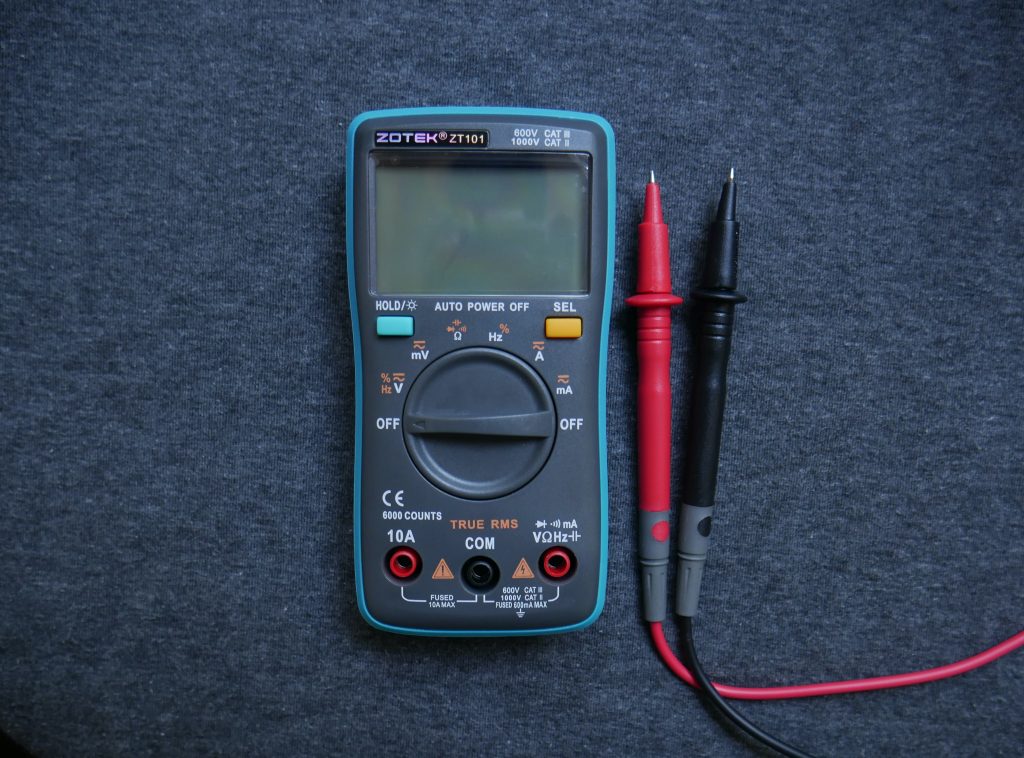As every test engineer planning out their Test Program Sets has probably heard at some point, keeping up with calibration is crucial. But how do you know when to get your test equipment hardware calibrated, and why exactly is it so important? Not only is it mandated by government agencies, required by quality regulations, and monitored by international standards groups- it directly impacts the efficacy of your equipment over time. While regular calibration may seem like a tedious extra step, it is clear that the benefits are well worth it. Here at Apex Waves, our stock of NI parts is fully calibrated, so each part is ready to ship to you right when you need it- at the highest quality condition available on the market.
Why Plan For Calibration?
Accuracy and Costs
The most important quality of your equipment is its accuracy. Without knowing that your equipment is performing with the utmost accuracy, you could find yourself having to make educated guesses. When calculating measurements or evaluating performance, you should have full confidence that your equipment is providing reliable results. Inaccuracies can occur when electronic components drift naturally over time. Calibration ensures that your measurements are accurate and allows you to compare your device’s performance to published specifications.
Cost is also an important factor when considering the importance of regular calibration. Have you asked yourself how much it would cost you if your system were to fail? When installing your systems, keep in mind the distinction between scheduled maintenance and unpredictable downtime. A sudden calibration issue may necessitate shutting down your production line or dispatching a specialist to the field. Taking the time to have your equipment calibrated and maintained can help avoid unplanned, expensive downtime down the road.
Adhering to Calibration Standards
There are a variety of standards that govern why and how you calibrate, ranging from broad Quality Management Systems such as ISO 9001 to criteria particular to testing and calibration facilities such as ISO/IEC 17025. It is important to know the correct form of calibration necessary to ensure that you are adhering to specified requirements and avoiding any costly fines.

False Passes and False Failures
Another important aspect of calibration is protecting production yields. You want to make sure that unreliable readings are not the reason behind throwing away a good product, or for trusting a faulty one.
False Pass is the term for when a faulty unit seems to pass a test due to inaccurate readings. A “false pass” can be extremely harmful, especially if your device is used for controlling or monitoring something with serious consequences (i.e. a heart monitor).
The term False Fail describes the situation when an actually good unit seems to fail a test. These “false failures” may necessitate more comprehensive (and costly) testing as well as an additional rework effort.
By reducing “false failures” and “false passes,” calibrating your instruments can help you increase your production yields.
When Should You Calibrate?
The recommended calibration periods of individual parts vary. To ensure accuracy, most NI parts should be calibrated either annually or every two years.
Calibration at Apex Waves
At Apex Waves, we make sure that everything in our extensive stock of NI parts is calibrated before it is put on our shelves. By prioritizing the calibration of previously used parts, they are completely validated and ready to be shipped off to you as soon as you need them. This eliminates a possible 1-2 week wait for calibration when you are searching for a part you need as soon as possible!
The strength of Apex Waves lies in our dedication to our clients. When you reach out to us, we strive for an exceptional level of customer service. Give us a call at 1-800-915-6216 or contact us today for more information.
Additional Information:
https://www.ni.com/en-us/support/documentation/supplemental/17/calibration-service-levels-and-product-information.html#







